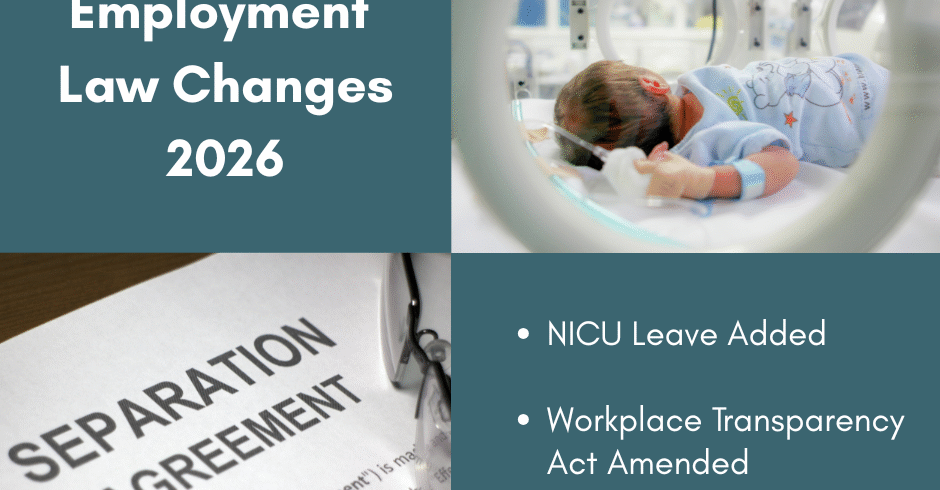The U.S. Bankruptcy Court for the Southern District of Indiana recently held that a limited liability company could not terminate a member’s voting rights in the company during the member’s bankruptcy case, without first seeking relief from the automatic stay.
When a bankruptcy petition is filed, the Bankruptcy Code automatically imposes a stay that prohibits “any act to obtain possession of property of the estate or of property from the estate or to exercise control over property of the estate.” In a Chapter 7 bankruptcy case, the stay usually lasts until the debtor receives a discharge unless it is terminated or modified by the Bankruptcy Court.
In the case of Walro v. Lee Group Holding Co., LLC (In re Lee), 2014 Bankr. LEXIS 5069 (Bankr. S.D. Ind. Dec. 18, 2014), the bankruptcy trustee initiated an action against the company and the individual members of the company seeking a determination that the debtor’s voting rights were property of the bankruptcy estate and arguing that the post-petition actions taken to terminate debtor’s membership in the company and voting rights violated the automatic stay imposed by the Bankruptcy Code.
The Bankruptcy Court analyzed the terms of the company’s operating agreement and Indiana law and determined that a membership interest in a limited liability company may confer both economic and non-economic rights and that both rights fall within the Bankruptcy Code’s definition of property of the bankruptcy estate.
Because of this, the Court held that the other members of the company violated the automatic stay when they passed a resolution accepting the debtor’s withdrawal as member of the company and terminating his voting rights. Accordingly, the Court held that the resolution was invalid and without legal effect.
Limited liability companies and closely held corporations that are faced with the bankruptcy of a member or shareholder should proceed with caution in dealing with the interests and voting rights of the bankrupt member or shareholder lest they run the risk of violating the automatic stay. Such a violation could lead to reversal of actions taken by the company after the bankruptcy is filed and even monetary sanctions imposed by the Bankruptcy Court.
For more information, please contact attorney Mike DiRienzo at (812) 423-3183 or mdirienzo@KDDK.com.
About the Author

Michael E. DiRienzo, a Partner at Kahn, Dees, Donovan & Kahn, LLP, in Evansville, Ind., has more than 10 years of experience assisting clients in the areas of bankruptcy, collection & creditors’ rights law, and complex commercial litigation involving business, environmental, construction, and real estate disputes and condemnation proceedings in state and federal courts in Indiana and Illinois. Mike helps KDDK clients effectively resolve disputes and continue to build their businesses.






